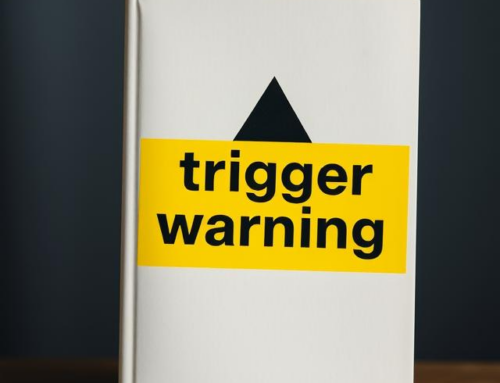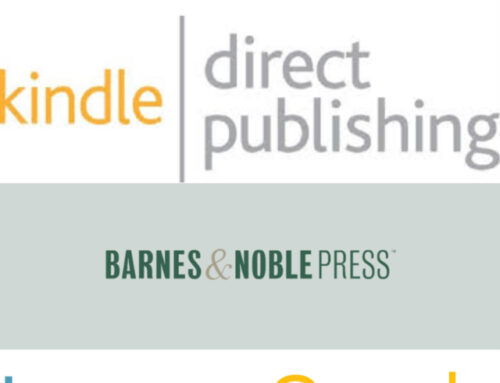
No matter how careful you are, when your book arrives in the mail and you open it, eager to read your words in print at last (or download the e-version, same thing), you will almost certainly zero in on some horribly embarrassing mistake. It happens. It’s one of those Murphy’s-law things. If there is only one mistake in the entire book, you’ll open to that page the day the copies arrive.
Or if you are spared that, your brother-in-law the Grammar Prude will find an error (count yourself lucky if he doesn’t mention it at Thanksgiving dinner, or worse yet, on Facebook). Or a friend from high school who was good in English will kindly email you to alert you of an error (to save you embarrassment, don’t you know?). These things will happen—and despite my previous post, it’s okay. Really. It is okay. Even the top publishing houses don’t produce perfect books. If you don’t believe me, take a look. You might be surprised by the errors you find in high-quality books. This is because it is all but impossible for anyone to catch every single error. If you have an error every few pages, then you have a problem, every ten pages, not so bad. A few per book? You’re doing great!
Your aim is to make your book as good as you possibly can. But don’t let yourself fall into despair because it’s not perfect. Perfection and productivity rarely hang out together. Feel better now? Okay, now go have one more look at that book before you publish.
Get an Editorial Review | Get Amazon Sales & Reviews | Get Edited | Get Beta Readers | Enter the SPR Book Awards | Other Marketing Services






















Good advice. But on the other hand don’t EVER send out an advance reader copy or bound galley that hasn’t been proofed pretty thoroughly. While it’s common in the dead-tree publishing business to send review ARCs pre-proofing, if you do it in the self-publishing world you’ll learn that your reviewers will ignore the story and review the typos.